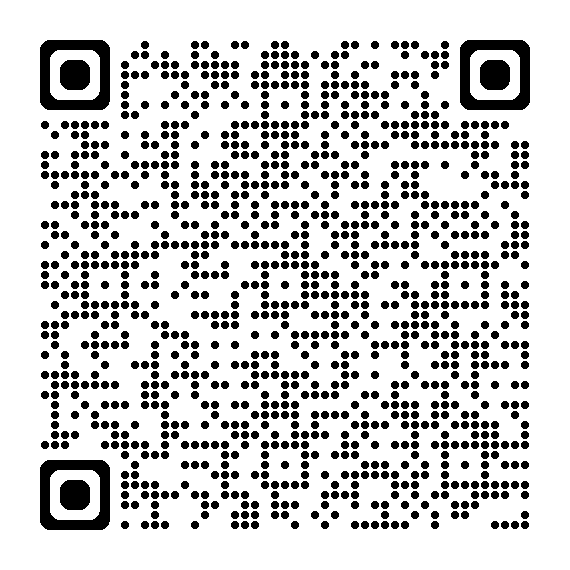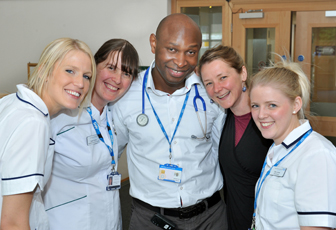Patients can be referred to the breast clinic via several routes:
- GP referral with potential symptoms of breast cancer under “cancer suspected”` or “cancer not suspected” via the “Two Week Wait” or “Choose and Book”
- Non urgent GP referrals for family history advice or corrective surgery procedures
- Breast Screening
- Other hospital teams
What to expect at your appointment
Every attempt is made to keep all the clinics on time but sometimes the demands on the service make this difficult. Occasionally it is necessary to see some patients out of time order so that we can make the best use of our resources. Please bear with us as we will always do our best to see each patient as quickly and as effectively as possible.
Please allow two to three hours for your visit as a new patient. Although many patients are in the department for a much shorter period of time. You are welcome to bring a friend/partner with you, both to the initial visit and for any follow-up visits. Interpreter services are available on request.
On arrival, if you are a new patient, we will ask you to fill in an information leaflet (this can be completed at home if you wish). We use a “triple assessment” approach to assess any breast symptoms. The three elements are clinical, radiological and pathological assessment. Not all patients will require the full triple assessment with the majority needing only the clinical and radiological assessments.
Clinical Assessment
The doctor will take a full history of your breast problem plus background information such as any previous breast problems, family history, use of Hormone Replacement Therapy (HRT), previous mammograms etc. They will also ask about your general health and medication.
Radiological Assessment
In many, but not all, cases the doctor will recommend that you have breast imaging this could be:
- A mammogram - an x-ray technique used to examine the breast/s or chest
- Or an ultrasound scan - a painless test, that only takes a few minutes, where a special gel is placed on the breast and a small probe emitting sound waves, is passed over the area.
Generally mammograms are used for women over the age of 40 and ultrasound scans in women under 40, a woman over 40 may have both a mammogram and an ultrasound.
Pathological Assessment
Sometimes, a core biopsy is recommended to sample the breast tissue if an area of concern if found. A local anaesthetic is used to numb the area and make the procedure as comfortable as possible. The core biopsy can be taken using ultrasound, x-ray guidance or occasionally by the breast doctor in the clinic. Specimens are then sent to the pathology laboratory to be examined, this process can take two to three weeks to obtain results.
The breast can be bruised, swollen and tender following a core biopsy but generally it settles within seven days. You may be offered an appointment to come back to the breast clinic to discuss the results of your investigations. Otherwise, you will be contacted by letter or telephone with your investigation results, a letter will also be sent to your GP.
Whenever possible, all investigations are undertaken at one appointment, however, there are times when this is not possible. If that is the case an appointment will be made for you to return to the Breast Care Unit, as soon as possible, to complete your investigations.












